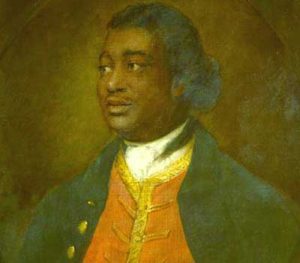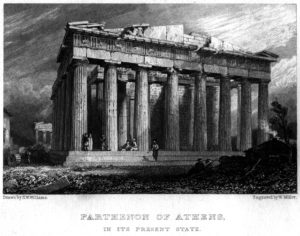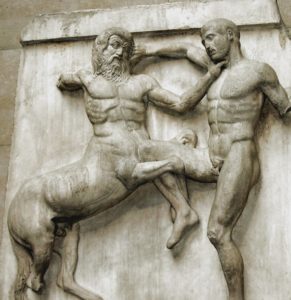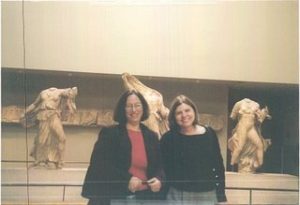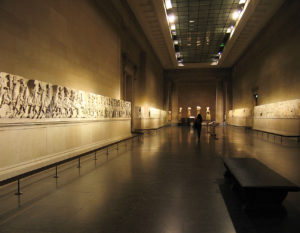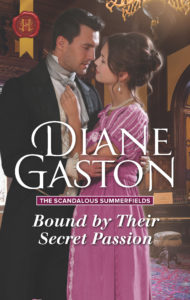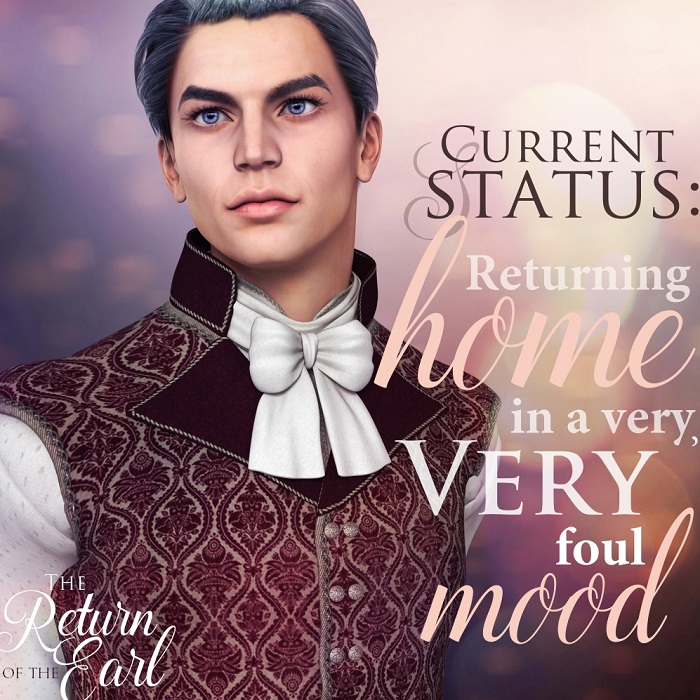 Last evening I finished the first draft of my new Regency story, and I’m still in that finished-the-book stupor that makes you feel as if your head is stuffed with wool. So instead of attempting to write something clever about mummers’ plays (which I mention in The Return of the Earl – and I mention them with SO MUCH GLEE because it’s a topic I did some research on for my PhD thesis, and to me, it’s always such a delight when I can make use of some of my older research 🙂 )…
Last evening I finished the first draft of my new Regency story, and I’m still in that finished-the-book stupor that makes you feel as if your head is stuffed with wool. So instead of attempting to write something clever about mummers’ plays (which I mention in The Return of the Earl – and I mention them with SO MUCH GLEE because it’s a topic I did some research on for my PhD thesis, and to me, it’s always such a delight when I can make use of some of my older research 🙂 )…
Sooooo, instead of trying to write something clever about mummers’ plays, I’m going to give to you an excerpt from the new story. With a grumpy earl!! (See picture above)
The Grumpy Earl has come home after some years of absence and is majorly disgruntled when he finds his former lover has become his stablemaster. So, of course, Grumpy Earl is even grumpier than usual, but he will not give anybody the satisfaction of staying away from his own stables & thus goes to said stables the next morning & bellows for a horse. Which makes the stablemaster come over.
____________________
And now, finally, for the first time in thirteen years, Con could clearly see those two-toned eyes—muddy-green and stormy-blue—and for a moment, he felt quite dizzy at the familiarity of them. He could almost hear his memories battering at their cage. If he left them out, now, here, in front of this man, he would disintegrate and shatter into a million pieces.
He would be damned before he gave the stablemaster that satisfaction.
“You want to ride?” the man asked.
“Yes.”
The stablemaster’s brows rose. “Have you had any practice in the past years?”
Con compressed his lips and thought about snapping some reply about a stablemaster’s proper deference to his employer. But he wouldn’t give the man the satisfaction of letting him rile him either. Oh no!
Thus, Con just gritted his teeth and forced out, “Of course, I have.”
Bryn’s lips twitched briefly as if he had to hold back a smile. At that tiny movement, Con felt an unexpected tightening of his stomach.
How he had loved to kiss those lips when he had been younger! He had loved chasing Bryn’s smiles with his lips and tongue, had particularly loved sucking on that slightly plumper lower lip.
No!
Angry at himself, angry at his damned stablemaster, Con pushed those unwanted memories aside.
Lifting his chin, he gave Bryn his haughtiest look.
But was had proved to be such an effective weapon in the ballrooms and drawing rooms across the continent, turned out to have very little effect on his stablemaster.
“If you say so.” Bryn’s tone was easy, and he didn’t give any indication that he was in any way greatly perturbed by his employer’s demeanor. Instead his eyes briefly flicked down Con’s body, assessing him as if Con were a blasted horse at Tattersall’s.
“What?” Con snapped.
Bryn’s gaze was thoughtful. “You used to have a good seat.” His eyes twinkled, before he turned and began to walk across the yard. “I hope you didn’t forget everything you’ve been taught,” he threw over his shoulder.
Con spluttered with outrage, a hot flush blooming in his cheeks.
How dared he?
Bryn threw him another glance over his shoulder—and Con’s outrage mounted as he spotted the grin on the man’s face.
“Are you coming, my lord?” Bryn called. “I have a few horses you might find suitable.”
Grimly, Con stomped after him. By Jove, how he wanted to throttle the man!
He tried to imagine it: Putting his hands around Bryn’s throat and—
His hands on Bryn’s skin.
Touching Bryn again.
Running his fingers over the strong neck down into the soft, vulnerable hollow at the base of his throat…
This time, it wasn’t just his stomach that tightened, and Con cursed himself, cursed the Fates, but most of all, he cursed his stablemaster.
Damn the man!


